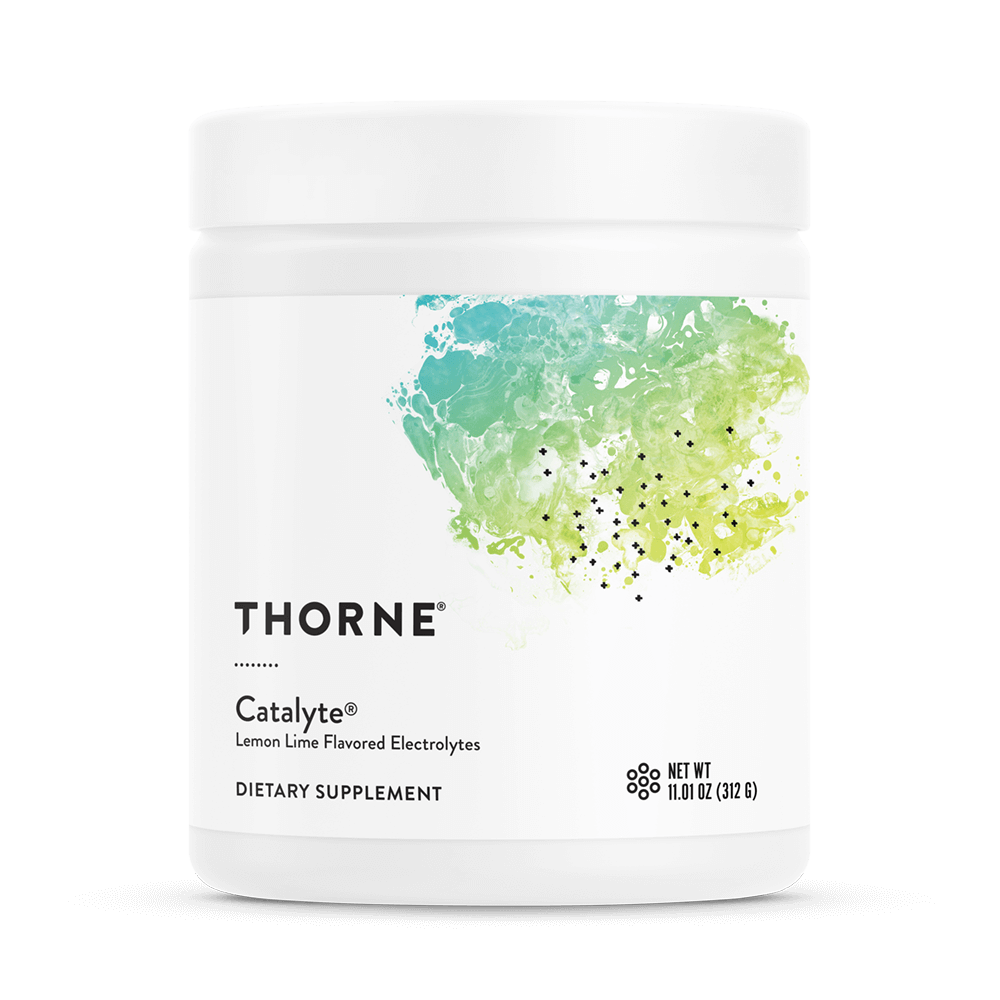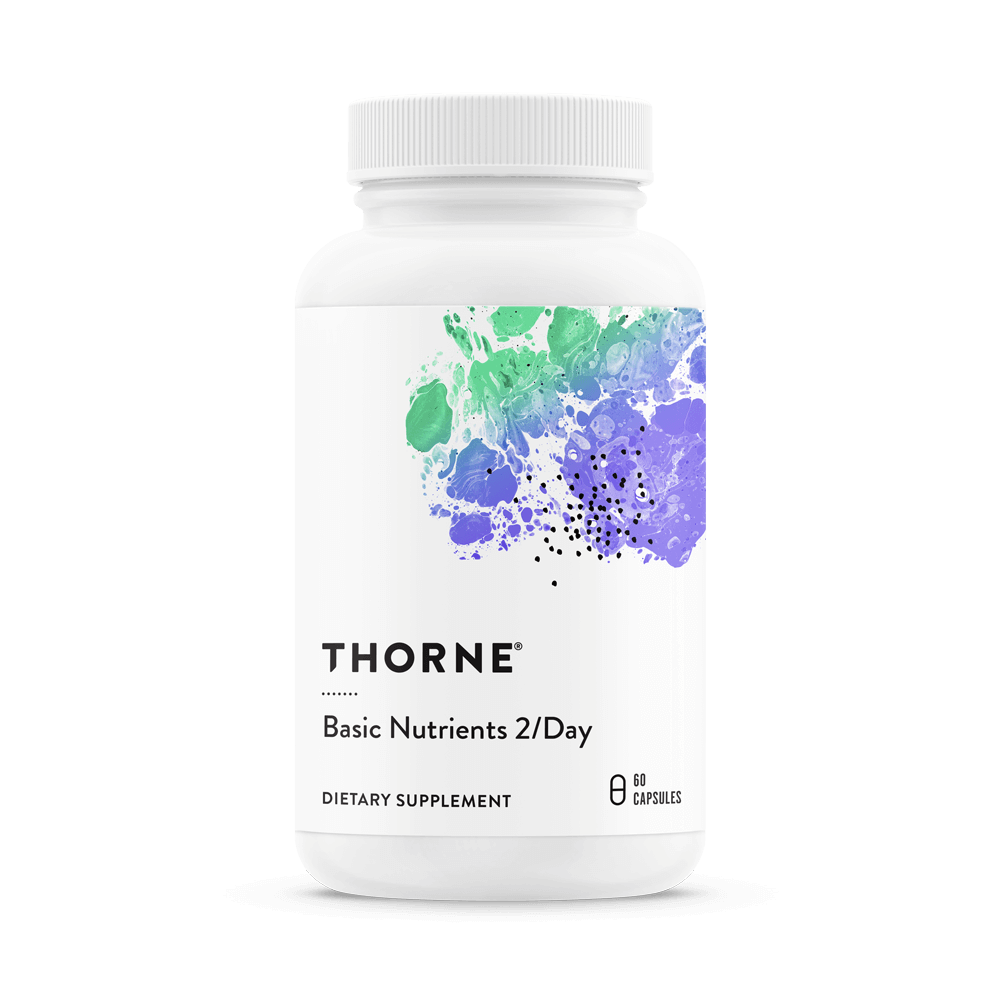8 Weight Loss Myths That May Ruin Your Success
/8 WAYS YOU COULD BE HINDERING YOUR WEIGHT LOSS SUCCESS
Think you’re doing the right things when it comes to weight loss but not seeing any results? Brush up on popular myths when it comes to shedding extra pounds. It’s easy to get confused or off track with the plethora of information available now on the internet. We see people on a regular basis who are trying to reach weight loss goals at our weight loss retreat and in our health and wellness coaching who just need a little guidance to get back on track. The thing about weight loss is that it’s very personal. We are all different so it’s a matter of truly finding out what works for you. Either way, these simple mistakes could be hindering your success so without further adieu - our 8 tips below may help dispel any mistruths about losing weight and hopefully help you get back on track to your goals.
You don’t have to count calories
Fact: You need to be aware of the amount of food you’re taking in.
Why: This one is 50% true and 50% false. While you don’t necessarily have to count calories to lose weight, you definitely need to be aware of how much you’re taking in. I go back to the law of energy for this one. In order to lose wight, you must expend more energy than you take in. While there are other factors that can affect this, the basic rule still applies. The other issue with calorie counting is that calories are not exact. Are you shocked? They can be off by up to 20% so calorie counting, at a minimum, should be used as an average – not an exact. So what to do in order to measure how much you’re taking in?
Count Calories – You can still count calories but you’ll just need to understand they aren’t exact. Use calorie counting as a guide or an average instead of an exact amount.
Eyeball Method – Use your hand as a guide. Protein = size and thickness of the palm of your hand. Carbs = clenched fist. Veggies = loose fistful or two. Fat = thumb.
Always eat breakfast
Fact: Eat your first meal of the day when you’re ready.
I’ll refer to you have to figure out what works for you. If you wake up at 7 a.m., you don’t have to immediately eat breakfast. You’re probably not even hungry right after you wake up. You don’t have to jump start your metabolism. You simply have to structure your eating throughout the day, so you’re not too hungry later on. If not eating until later in the morning or the day leads to overeating when you finally have your first meal, then you might need to rethink breakfast. It’s all about balance and what works for your body. You also need to consider activity level and making sure you have enough energy pre, post and during the workout based on your needs.
Eat three times a day — don’t snack
Fact: Eat when you need to to be satiated, to achieve your goals and to support your activity level.
This is really about how you feel and what you need. If you can stick to three meals a day and no snacks and you feel energized, healthy and satiated then great! That method probably works for you. If you’re eating only three meals and you have energy dips, are hungry in between meals or don’t have enough energy for your workouts, then you might need to add in some balanced snacks. Adding a snack or two throughout the day can be a game changer if you’re struggling with energy, mood and workout performance.
Carbohydrates make you fat
Fact: Carbs do not make you fat.
Carbohydrates do not make you fat. Excess calories make you fat. Sugar can help make you fat but carbohydrates in general do not make you fat. When you eat carbohydrates, they are stored with water in the body. Often times, you’ll have a little extra water in your body when eating carbs. This is a completely normal process – it’s what should happen but people confuse this with gaining fat. It’s imply not true. Unrefined, unprocessed carbohydrates are the best types to consume because they’ll help you to feel full and satiated with a higher fiber content. Brown rice, wild rice, brown rice pasta, potatoes, quinoa and sprouted grain breads are great options.
No desserts
Fact: Don’t deprive yourself sweets!
Deprivation can lead to overeating and binging. Moderation – not deprivation – is key when trying to lose weight. Having a dessert once or twice a week is not going to ruin your weight loss efforts. Allowing yourself to have a sweet treat here and there is a great way to practice moderation and healthy habits during your weight loss journey. Don’t go overboard but eliminating desserts all together can lead to negative behaviors.
Don’t worry about what you eat — just exercise
Fact: Exercising alone is not enough.
Exercise is important. It’s good for strength, your metabolism, posture, bone density and more. Unfortunately, it’s not enough wisen it comes to weight loss. What you eat is 80-85% of your success. What goes in your body is not only important for weight loss but for health in general. What you eat is important! It’s very hard to exercise enough to produce the right energy in versus energy out ratio for weight loss. You probably won’t be able to work out enough to make up for eating a huge meal. Exercise just does not burn enough calories. So not only is what you eat important but how much you eat is also crucial.
Don’t weigh yourself
Fact: Track your progress somehow.
One of the biggest reasons why people never reach their weight loss goals is because they don’t set a goal that is realistic and they don’t track it. You do not have to weigh yourself. You actually never have to step on a scale but you do need a way to measure and track your progress. So whether you use an article of clothing to measure like jeans, a fitted shirt or a dress or you take measurements with a tape measure, it’s important to track your progress. If you do decide to weigh yourself, make sure to take measurements too. Scale weight doesn’t reflect body composition changes – just the measurement of gravity. Taking measurements can tell you if you’re getting smaller (gaining muscle and losing fat) even though the scale may not be changing.
Don’t eat at night
Fact: Whether you eat at night depends on what you ate during the day.
What’s important is that you ate the right amount of energy throughout the day for your goals and your activity level. If you were busy and skipped a meal during the day, you may need to eat at night if that’s your next opportunity to take in food. It’s best to eat earlier if possible. Your body does a lot of recovery and repair at night and if you’re busy digesting some of those other processes may be interfered with. As a general rule, it’s better to eat earlier rather than later but it’s really what works for you and your schedule.
FIGURE OUT WHAT’S RIGHT FOR YOU
Like I said in the introduction, it’s important to figure out what works for you and what doesn’t. Eating and fitness aren’t black and white so sometimes it takes a little trial and error before you figure out the magic formula for your body. Take into account what you eat, your exercise and how you feel (energy levels, mood, digestion, etc). Use our Balanced Eating Journal to track the important information and set goals you can achieve.
In addition, we also offer Healthy & Wellness Coaching online via Skype or FaceTime or in person locally. Sign up today to reach your weight loss goals! Or join us for a weight loss retreat to jumpstart your healthy habits!
I hope you enjoyed this blog post. Please leave any questions or comments in the comment section below. I’ll be happy to answer them! Healthy Wishes - Margot + The Vita Vie Retreat Team
MORE WEIGHT LOSS TIPS: HERE
WANT FITNESS RETREAT UPDATES + WELLNESS TIPS
Sign Up For Our E Newsletter























